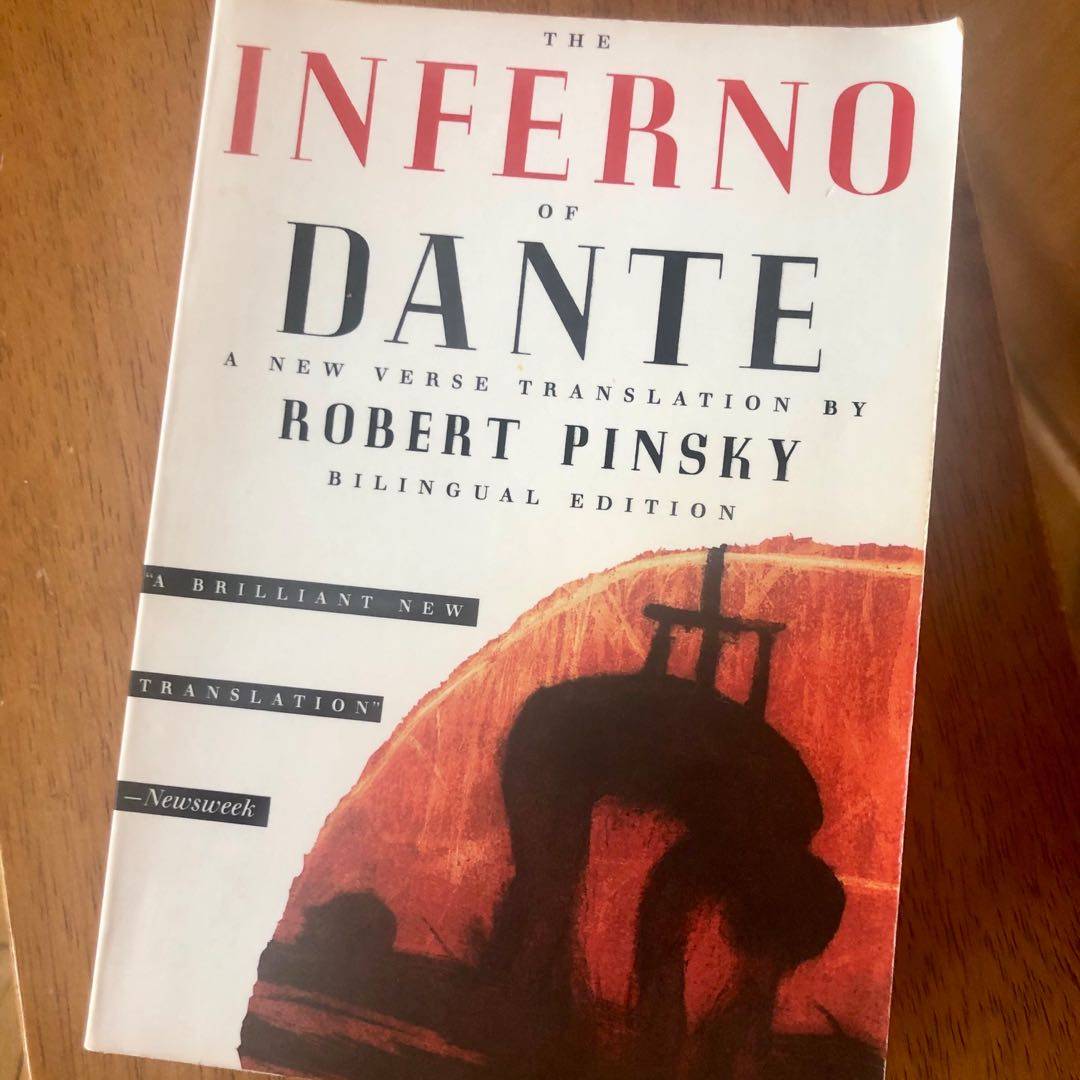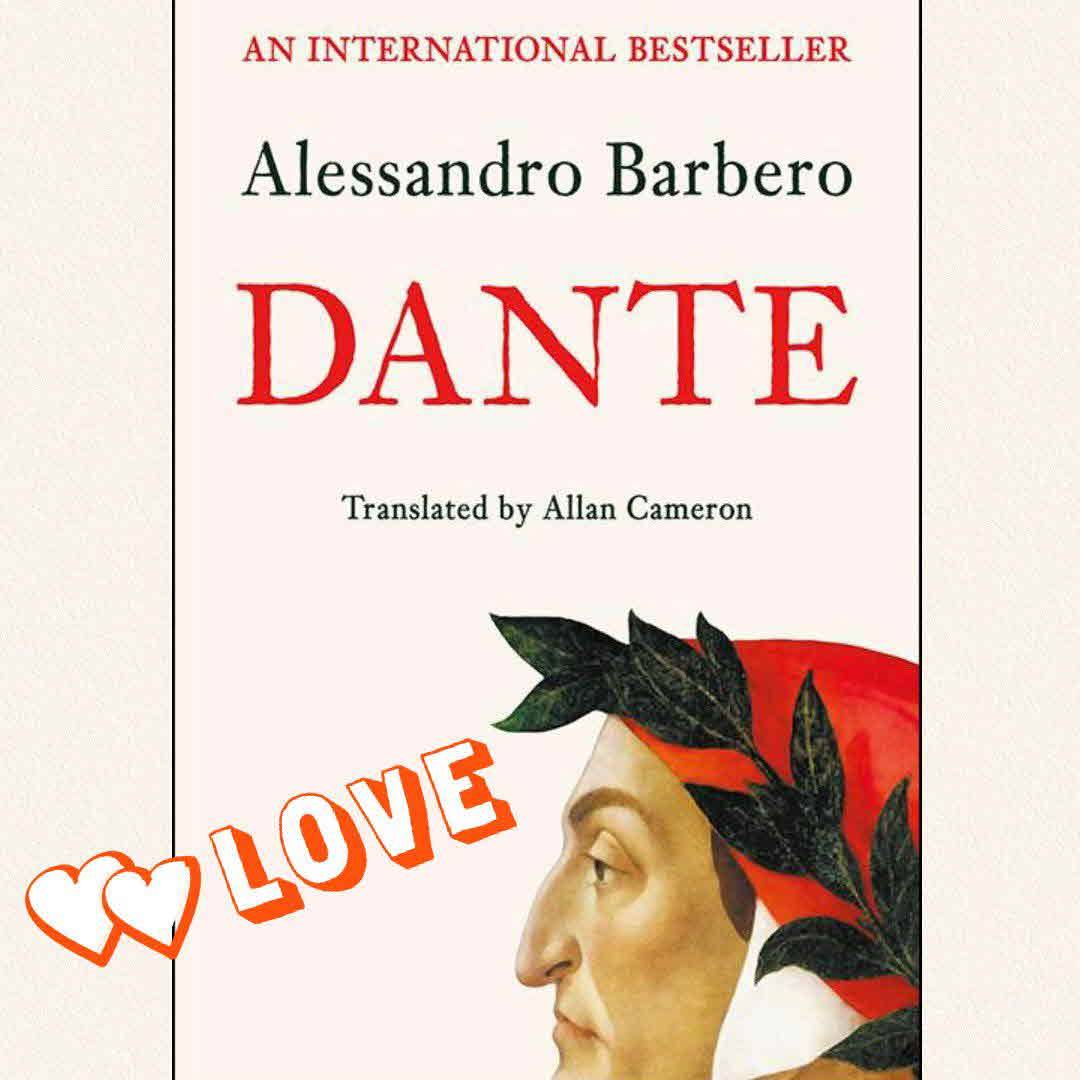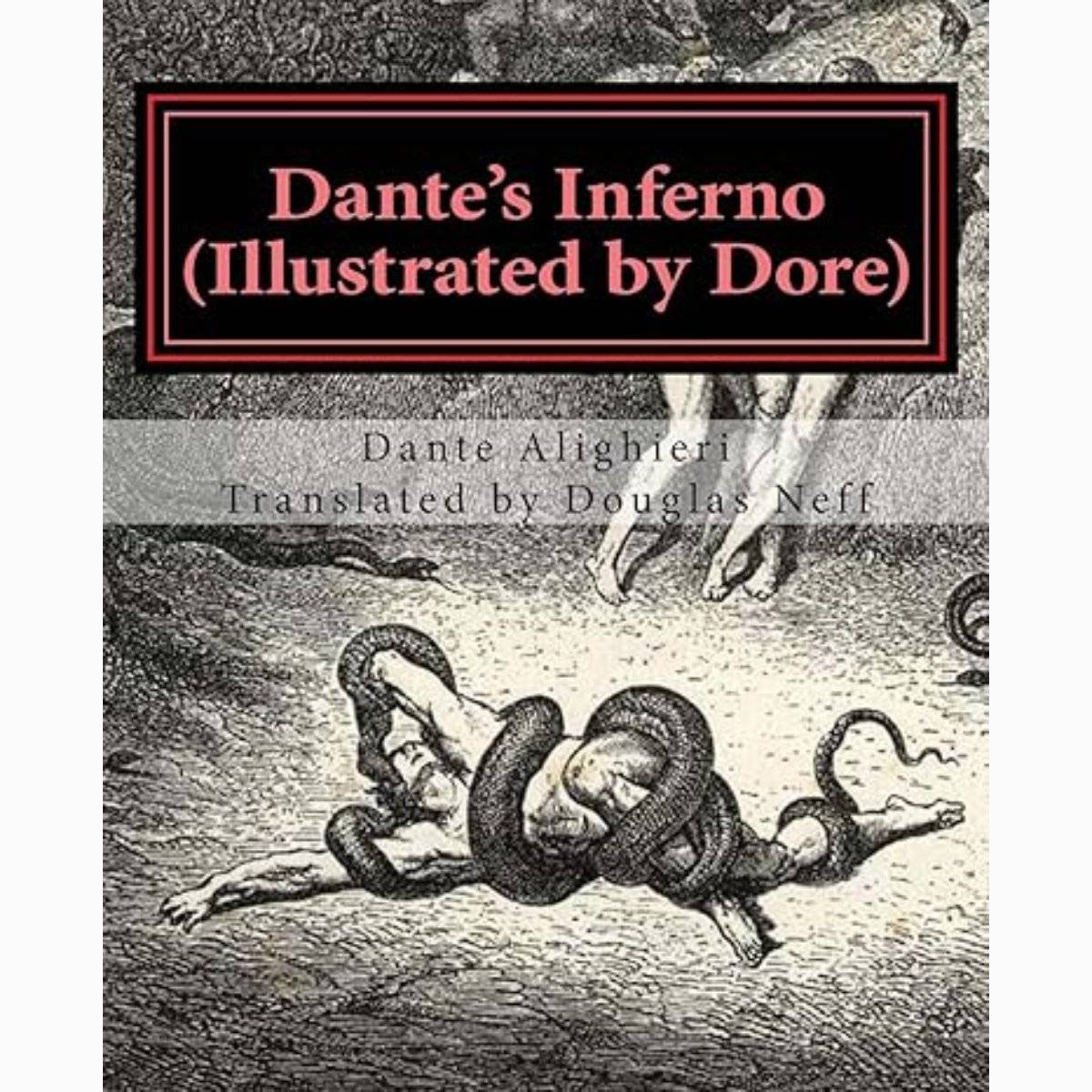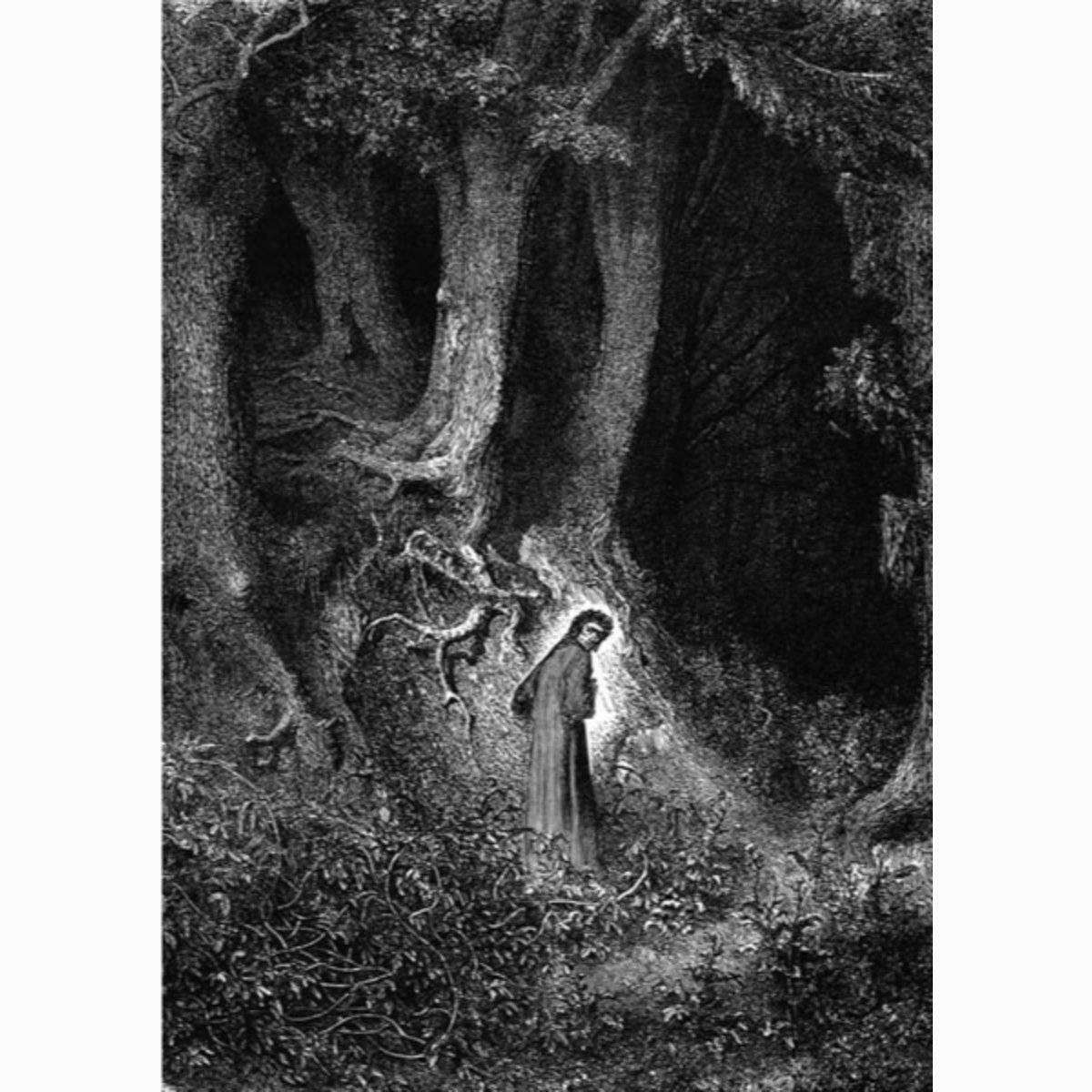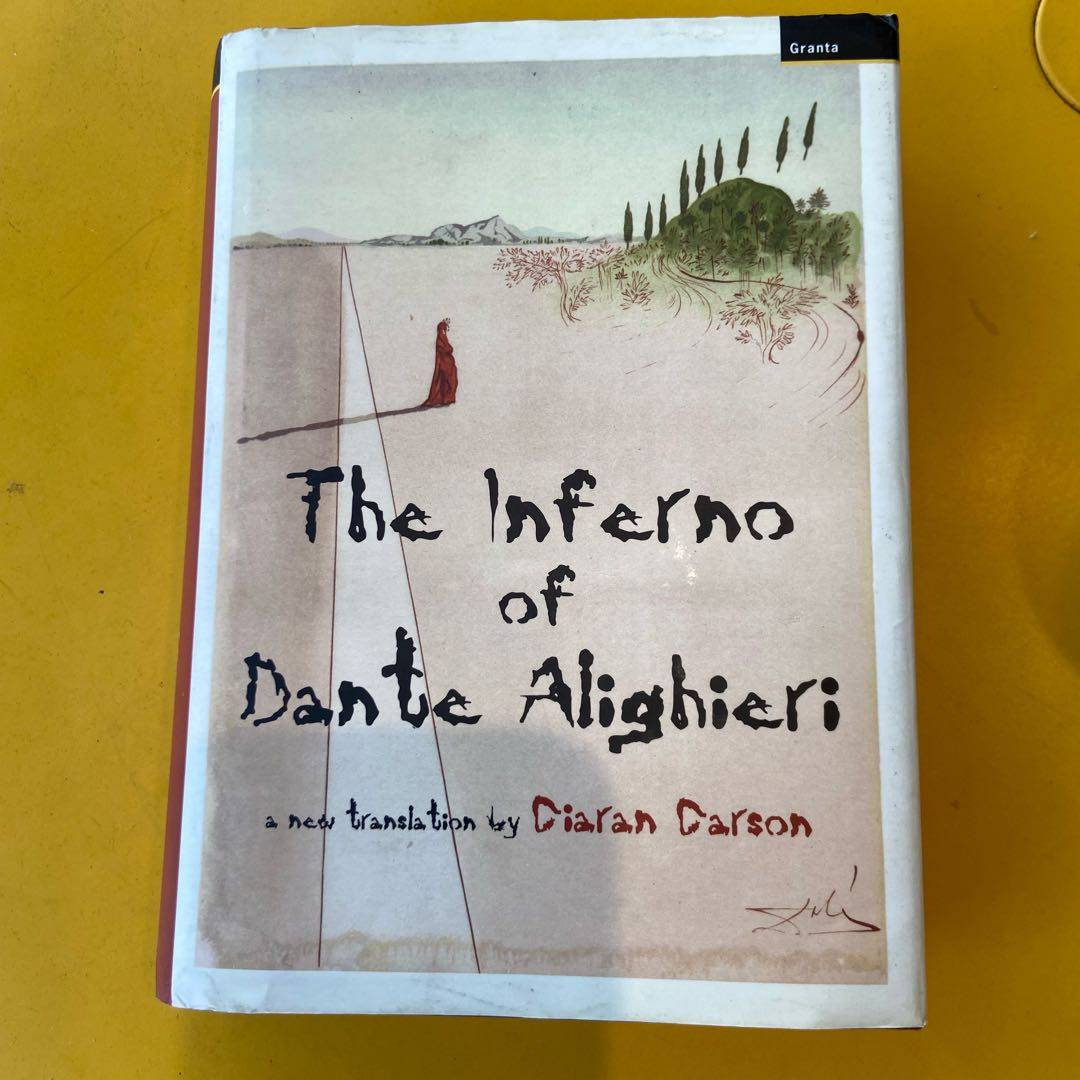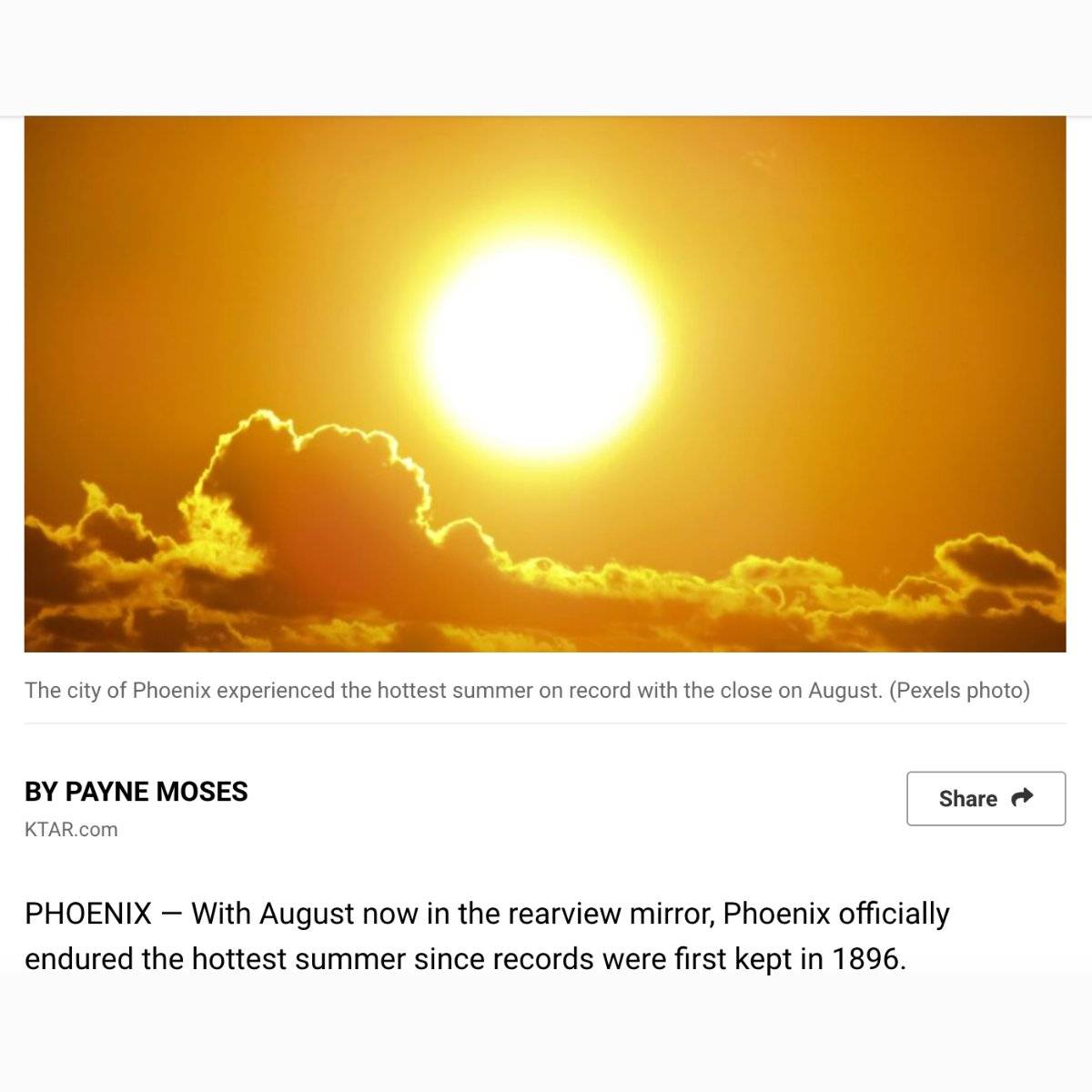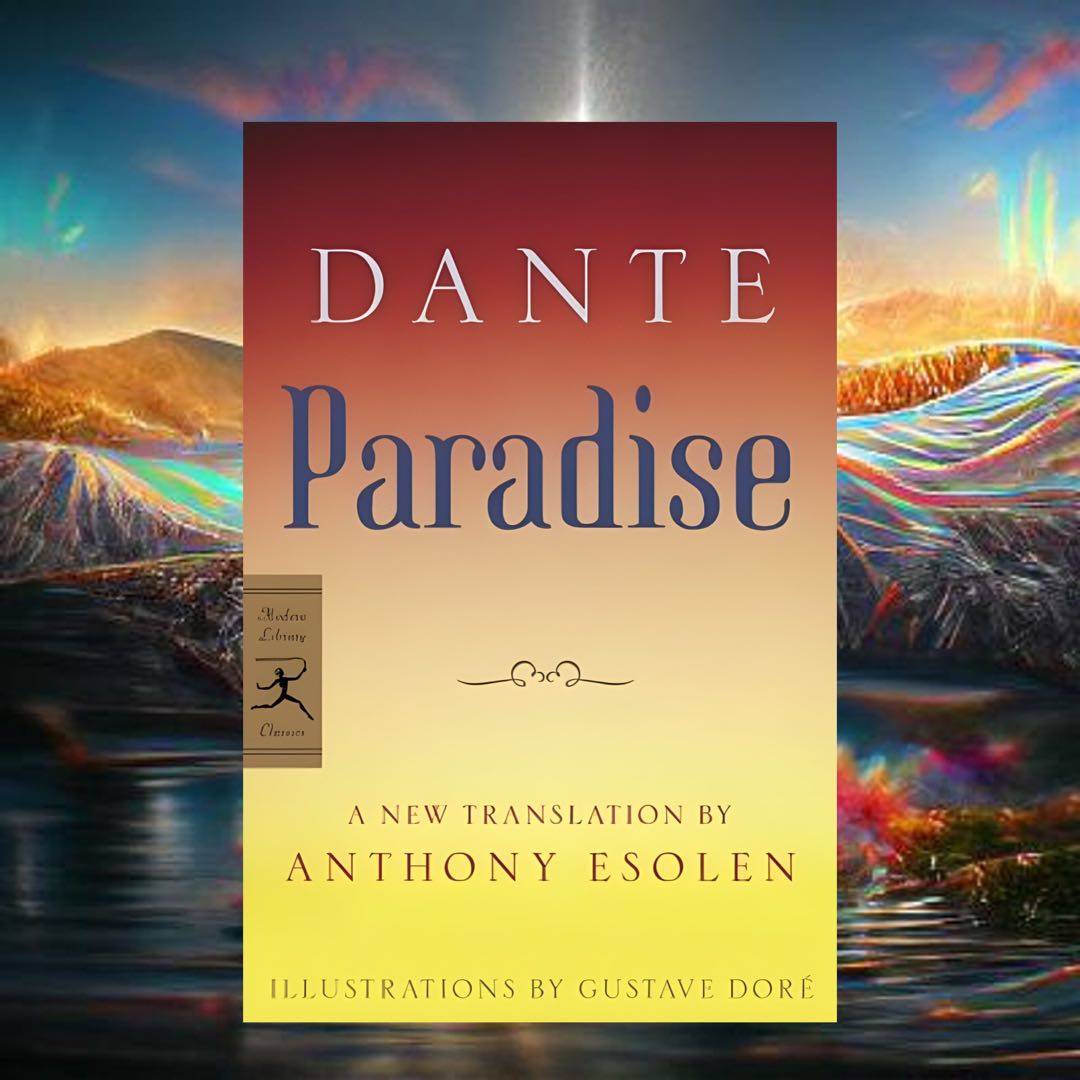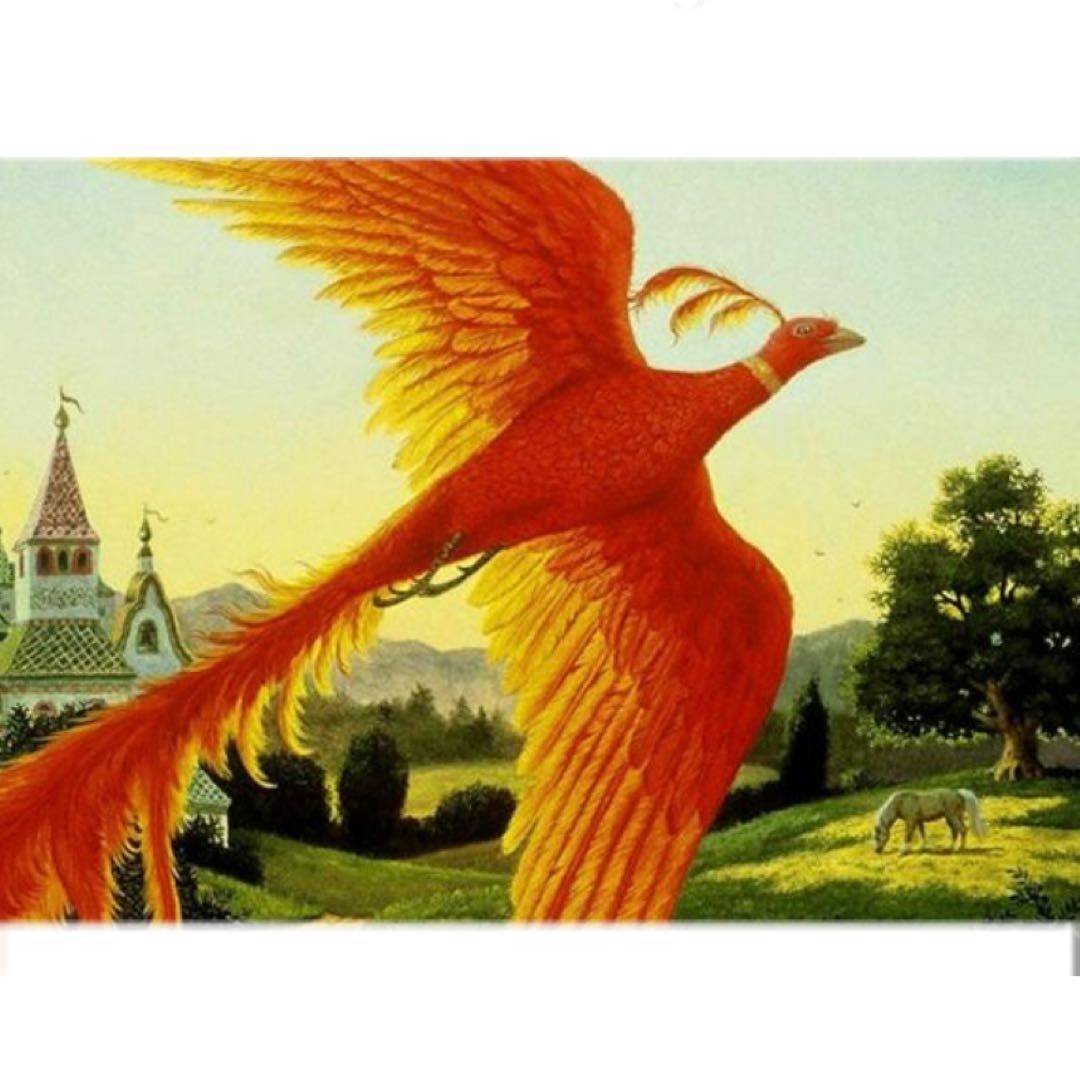
(Photo is my journal, with one of the fabulous Dante stickers my daughter made for me. ❤️)
I enjoyed this meticulous book's painstaking sifting of all the extant sources for the facts of Dante's life. Look elsewhere for discussion of his works: this is strictly biographically-focused. Personally, I appreciated being given some context for the creation of his extraordinary Divine Comedy. (Turns out he didn't beam down from outer space/Paradiso! 😄)













